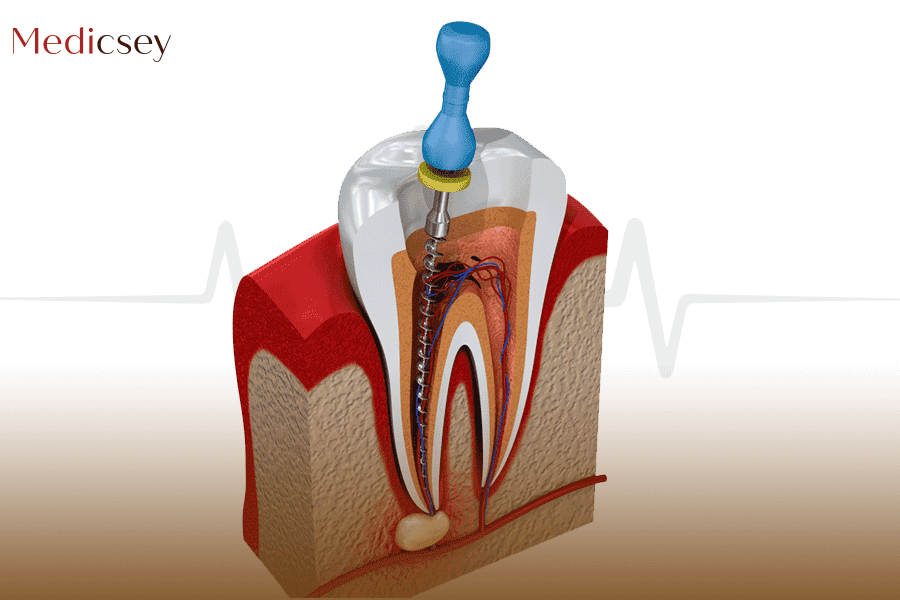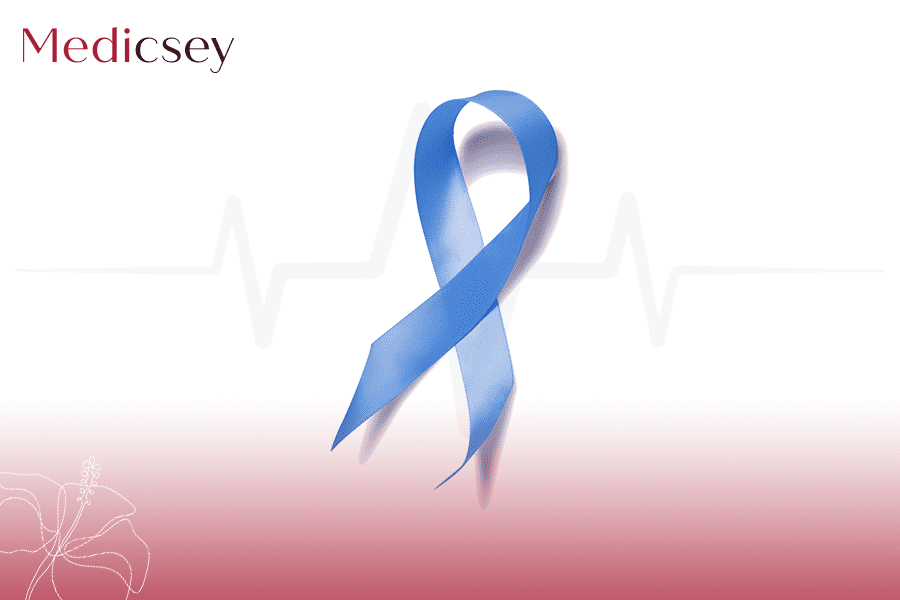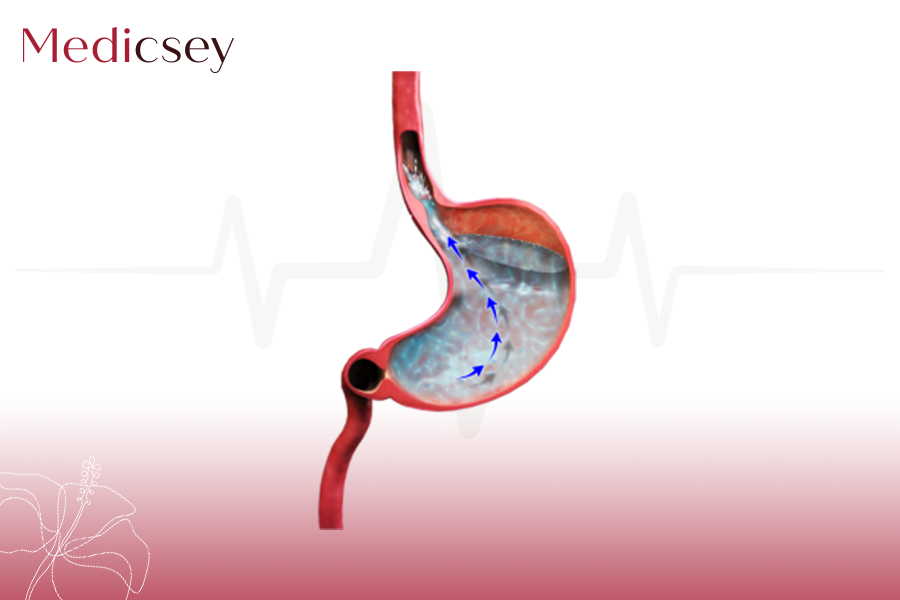Alzheimer's disease is a progressive, irreversible brain disorder that slowly destroys memory and thinking skills, and ultimately the ability to perform the simplest tasks. Symptoms first appear in the mid-60s in most people with the disease - those with the late-onset form. Early Alzheimer's disease occurs between your 30s and mid-60s and is very rare. Alzheimer's disease is the most common cause of dementia among the elderly.
The disease is named after Dr. Alois Alzheimer's. In 1906, Dr. Alzheimer's observed changes in the brain tissue of a woman who had died of an unusual mental illness. Symptoms included memory loss, language problems, and unexpected behavior. After her death, he examined her brain and found many abnormal clumps (now called amyloid plaques) and tangled bundles of fibers (now called neurofibrillary synapses, or tau, acupressure).
These plaques and tangles in the brain are still some of the main features of Alzheimer's disease. Another feature is the loss of connections between nerve cells (neurons) in the brain. Nerve cells transmit messages between different parts of the brain, and from the brain to muscles and organs in the body. Many other complex changes in the brain are thought to play a role in Alzheimer's disease as well.
This damage appears to initially occur in the hippocampus, which is a part of the brain essential for the formation of memories. When nerve cells die, additional parts of the brain are affected. By the last stage of Alzheimer's disease, the damage is widespread, and the brain tissue has shrunk dramatically
Treatment by Drugs
Current Alzheimer's medications can help for a time with memory symptoms and other cognitive changes. Two types of drugs are currently used to treat cognitive symptoms:
Cholinesterase inhibitors: These drugs work by boosting levels of cell-to-cell communication by preserving a chemical messenger that is depleted in the brain by Alzheimer's disease. These are usually the first medications tried, and most people see modest improvements in symptoms.
Cholinesterase inhibitors may also improve neuropsychiatric symptoms, such as agitation or depression. Commonly prescribed cholinesterase inhibitors include donepezil (Aricept), galantamine (Razadyne), and rivastigmine (Exelon).
Memantine (Namenda): This drug works in another brain cell communication network and slows the progression of symptoms with moderate to severe Alzheimer's disease. It's sometimes used in combination with a cholinesterase inhibitor. Relatively rare side effects include dizziness and confusion.
Sometimes other medications such as antidepressants may be prescribed to help control the behavioral symptoms associated with Alzheimer's disease.










.png?locale=fr)
